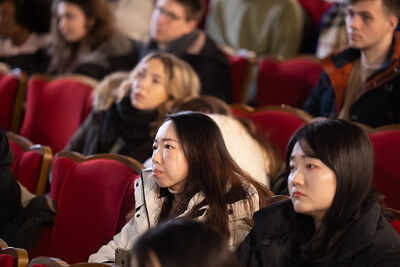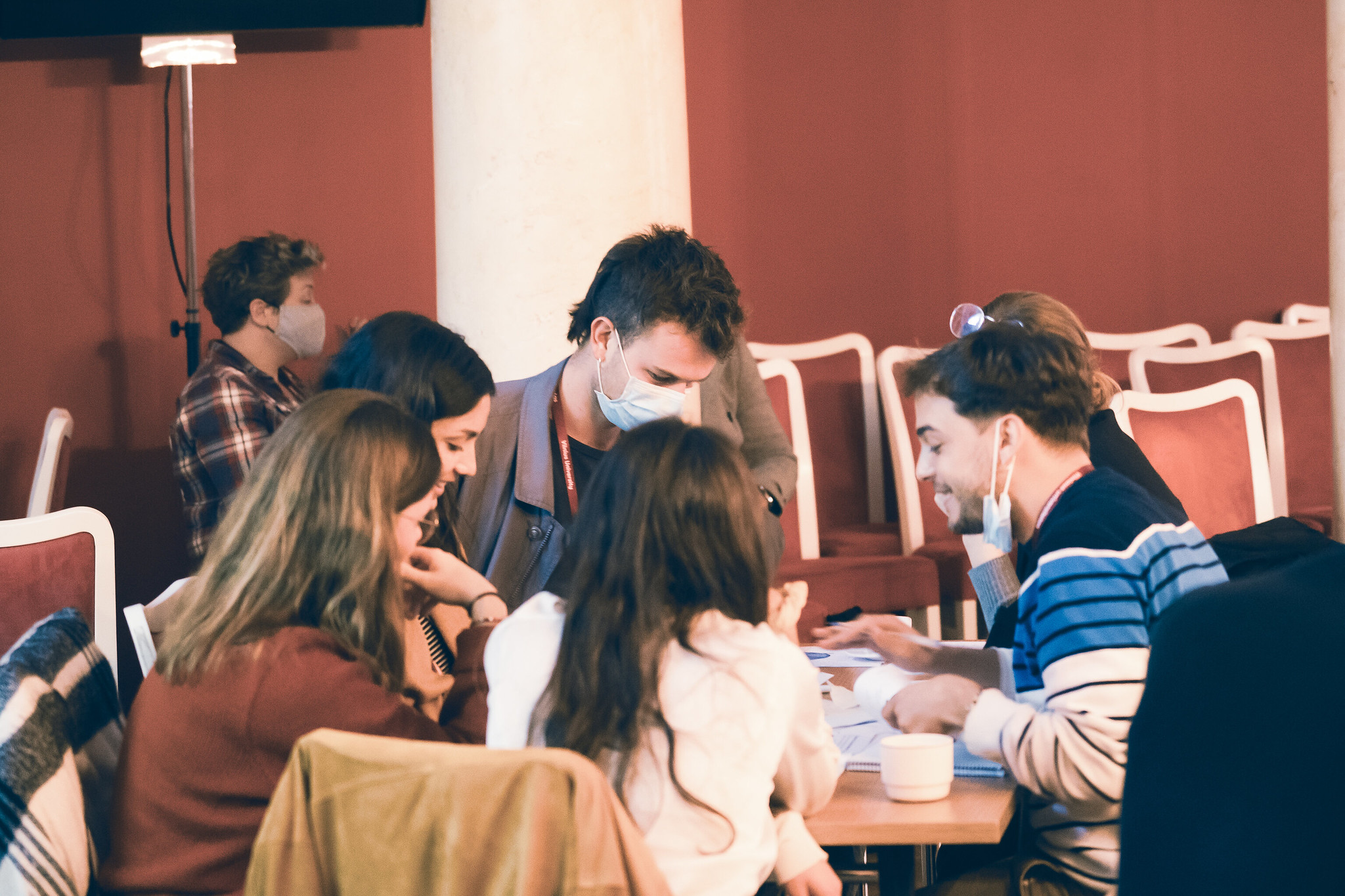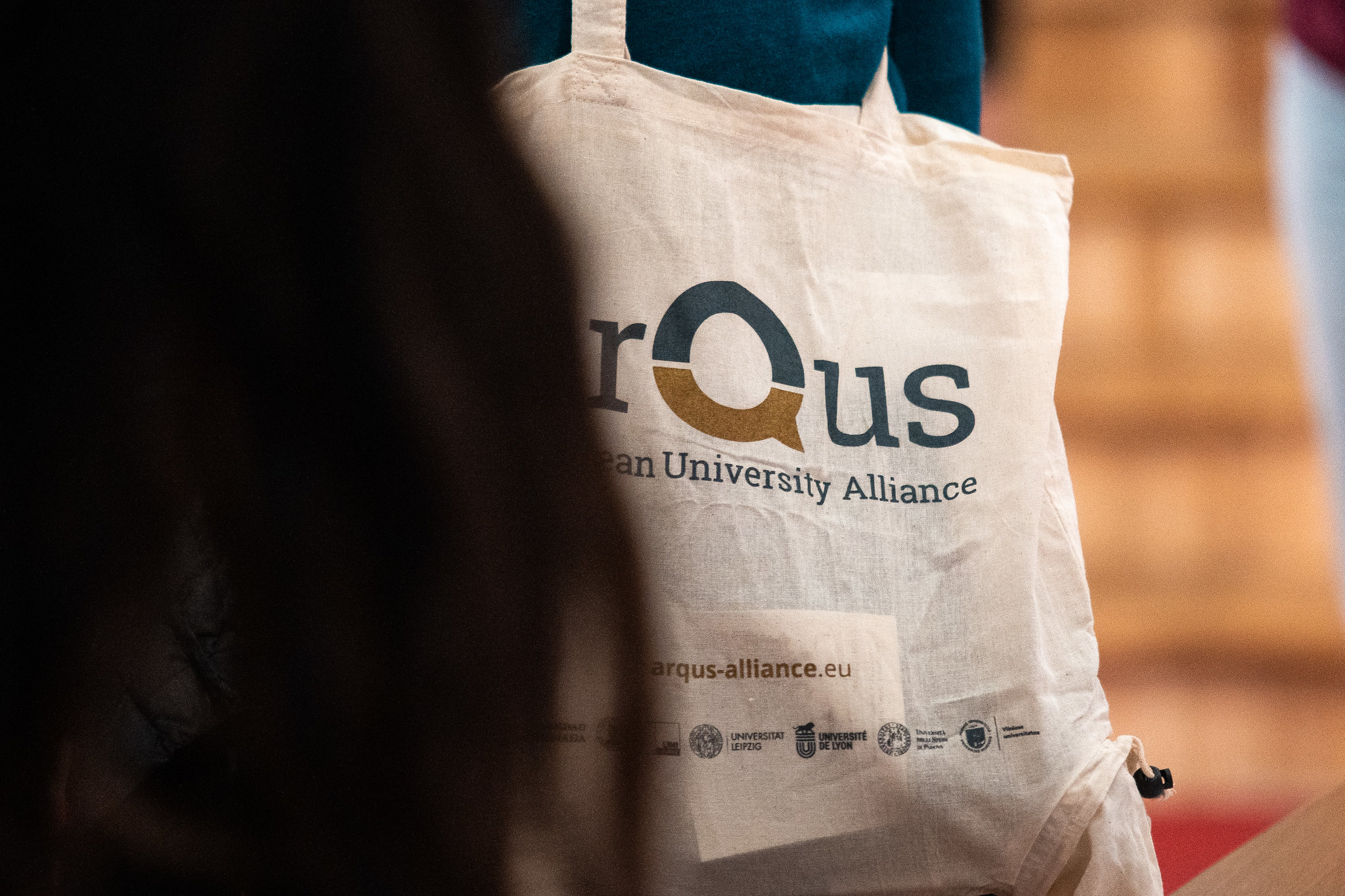ARQUS Partnership call for Twinning activities
Call objectives
The Arqus Twinning programme is aimed at strengthening cooperation between academic staff and students through joint short-term mobility activities. Priority is given to those involved in the social sciences, humanities and STEM subjects.
The Arqus Twinning mobility activities involve 1 teacher and 3-6 students making a study visit to another university in the Arqus network for a period of 3-5 days. The duration of the funded visit is 3-5 days (+2 days for travel).
Background of the call and examples of Twinning activities
Since the launch of the Arqus Alliance of European Universities, the network has consisted of seven universities – Bergen (until September 2022), Granada, Graz, Leipzig, Lyon, Padua and Vilnius. In September 2022, it was expanded with the addition of Wroclaw and Minho. The main objective of the Alliance is to strengthen the integration among European countries in the face of challenges and changes in our society. The Arqus Twinning activities are aimed at contributing to these objectives. More information about the Alliance is available on the Arqus website.
The Arqus Twinning activities may vary, according to the method and type that is chosen. Possible Twinning methods include internships, participation in international competitions and/or workshops, summer schools, group projects, etc. It is also possible to implement Twinning activities through traditional mobility (face-to-face) and blended learning methods.
Possible Twinning activities:
• Six sociology students from Bergen, together with their professor, go on a 5-day visit to the University of Granada. Their visit includes a joint workshop with students from the University of Granada, as well as interactions between the members of different societies.
• Students from the Business Administration study programme at Vilnius University work on a practical project together with students from Leipzig University. The project is developed online, using blended learning methods. At the end of the project, the teacher travels to Leipzig with 6 students for a 3-day visit to complete the project and present their results.








